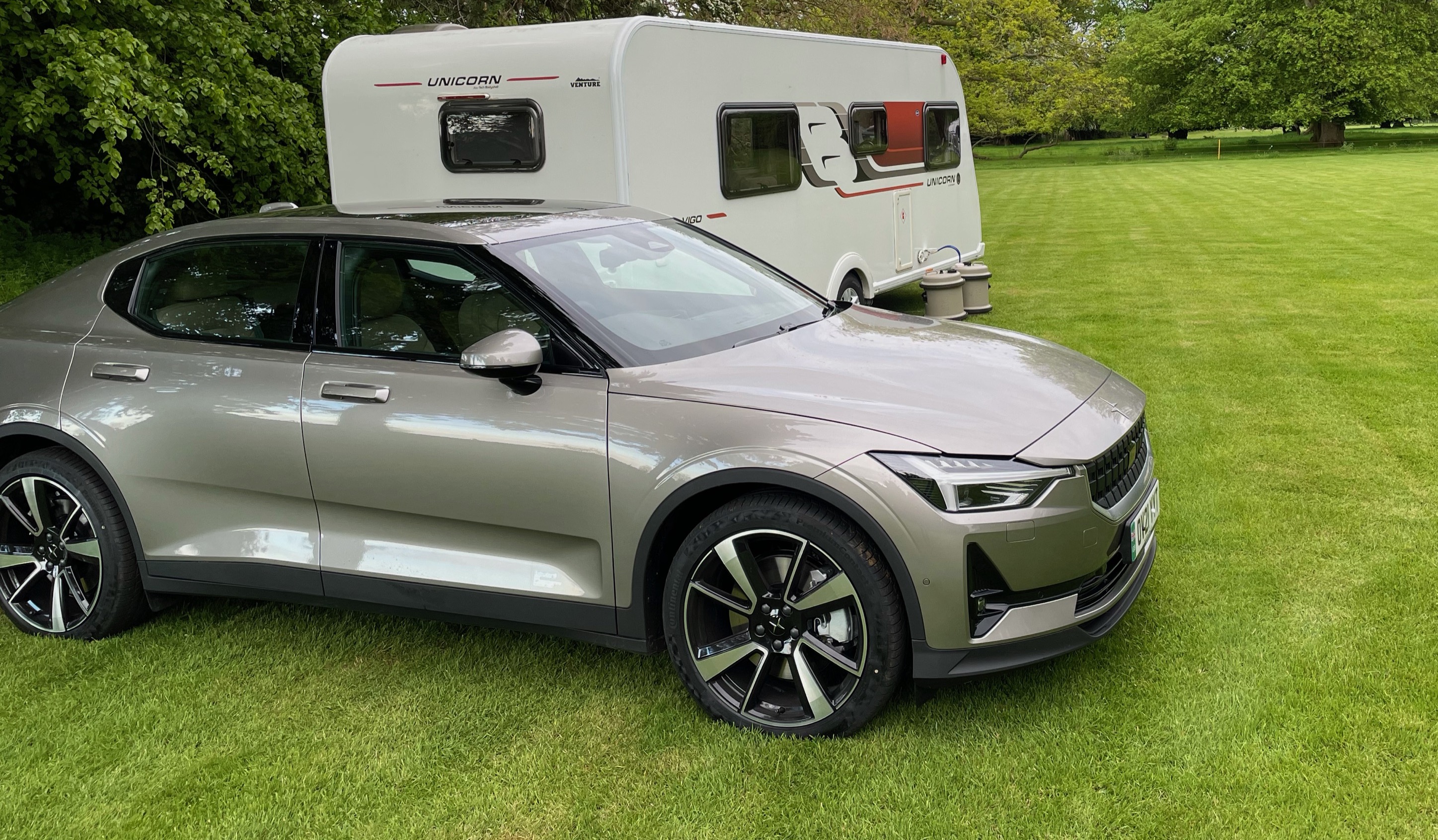KellyHenderson replied on 14/09/2017 14:26
Posted on 14/09/2017 14:26
Good Afternoon,
Hopefully you have now received your September Club Magazine and read the Ask Your Club article (see attached photo) regarding the future of caravanning post 2040.
Have you already changed your vehicle from diesel to petrol?
Is anyone already towing with a hybrid? Maybe a Tesla Model X?
Has the news affected your plans for your next towcar?
It will also be interesting to see how motorhomes evolve into hybrids and/or electric models, which alternative to diesel would you prefer to buy; Hybrid or electric?
Are you concerned about so few alternatives to diesel at the moment? Would you choose petrol instead if they were more widely available? There is now a VW T6 camper with a petrol engine available.
Has this news made you think about switching to a car and caravan? Equally would caravanners consider trading in their car and caravan to purchase a hybrid or electric motorhome?
From the questions above, we would love to have your feedback.
One thing is for sure, there will be some interesting times ahead.
Gallery
2 people like this









KellyHenderson